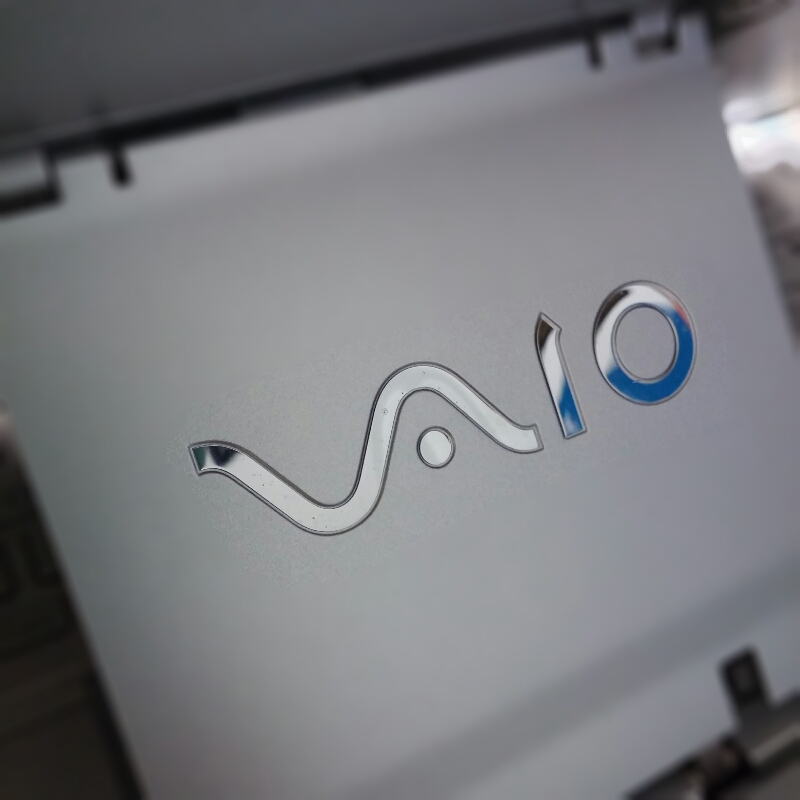observing our current recruitment strategy, we appear to be recruiting teachers who have learnt well in a certain subject/field to teach that subject. from here, we could assume that teachers recruited to teach a subject is a successful learner of that subject.
we often hear “teachers teach the way they learn” (citation needed), it follows that a physics teacher will teach the way(s) s/he’ve learnt physics well, and students could model those method(s) and learn well too. likewise, a maths teacher will teach the way(s) s/he’ve learnt maths well, and students could model those method(s) to learn maths well. for such ‘wholesale’ teaching of a successful way to another, it assumes that the learner profile of the teacher when s/he was a student is similar to that of the students s/he is teaching right now. but often, our students are unique individuals with diverse backgrounds. such ‘wholesale’ teaching may not work, not to mention pedagogies advance with time.
pedagogy aside, the ‘content’ is another consideration. is “physics” or “maths” 15-20 years ago the same “physics” or “maths” we are referring to today? in other words, are teachers learning the same (or more or less the same) thing as their students when they were students? the nature of content affects how learning takes place too. and this in turn affects the idea of how a subject could be learnt well. self-examination of a teacher is important to raise self-awareness of this issue.
if we were to look at “maths” 15-20 years ago, we could perhaps observe some differences in topics to b taught/learnt at different levels over time. while pedagogies may advance, content-wise “maths” is still largely “maths”.
if we were to examine a CL teacher, i assume a teacher is recruited to teach CL because s/he learns CL well. a CL classroom >15 years ago is largely a teacher-centered classroom, with classroom discourse patterns largely limited to simple IRE. assuming a teacher learns CL well back then, is it appropriate for him/her to “teach the way they learn”? pedagogy aside, is the learner profile of the teacher when s/he was a student similar to that of students s/he is teaching right now? based on the trends of increasing English-speaking homes (around 60% in 2010), there is a higher chance that a present CL teacher grew up in a Chinese-speaking home. in other words, these teachers are learning CL as a first language. and the chance of them teaching students learning CL as a second language is on the rise, and ever increasing. from a language learning point of view, learning CFL and CSL require two entirely different approaches. before we ask if teachers are teaching these two groups of learners with distinct pedagogies, a lower level question to reflect on is, are teachers aware that their “CL” is not “CL” (cf. Maths)? in other words, not many, if not most, CL teachers can “teach the way they learn”?
i believe teachers know “time has changed; things are different”, but i’ve not had the chance to conduct a research on the awareness at this lower level. compared to his/her Maths colleague, a CL teacher is almost not teaching “CL” as s/he have learnt in the past. yes, there would be CL teachers who grew up learning CSL (cf. curriculum’s definition of second language), but at present, lack of official statistics, my guess is such number is few.
hence, the importance of developing reflective practitioners so that a CL teacher may always be aware of the different issues to be considered as s/he goes about designing his/her learning activities for students. fundamentally, “teachers teach the way they learn” has a minimal chance of working for CL teachers.
 (photo credit: “Thank you” unsplash)
(photo credit: “Thank you” unsplash)

 (acknowledgement:
(acknowledgement: 



